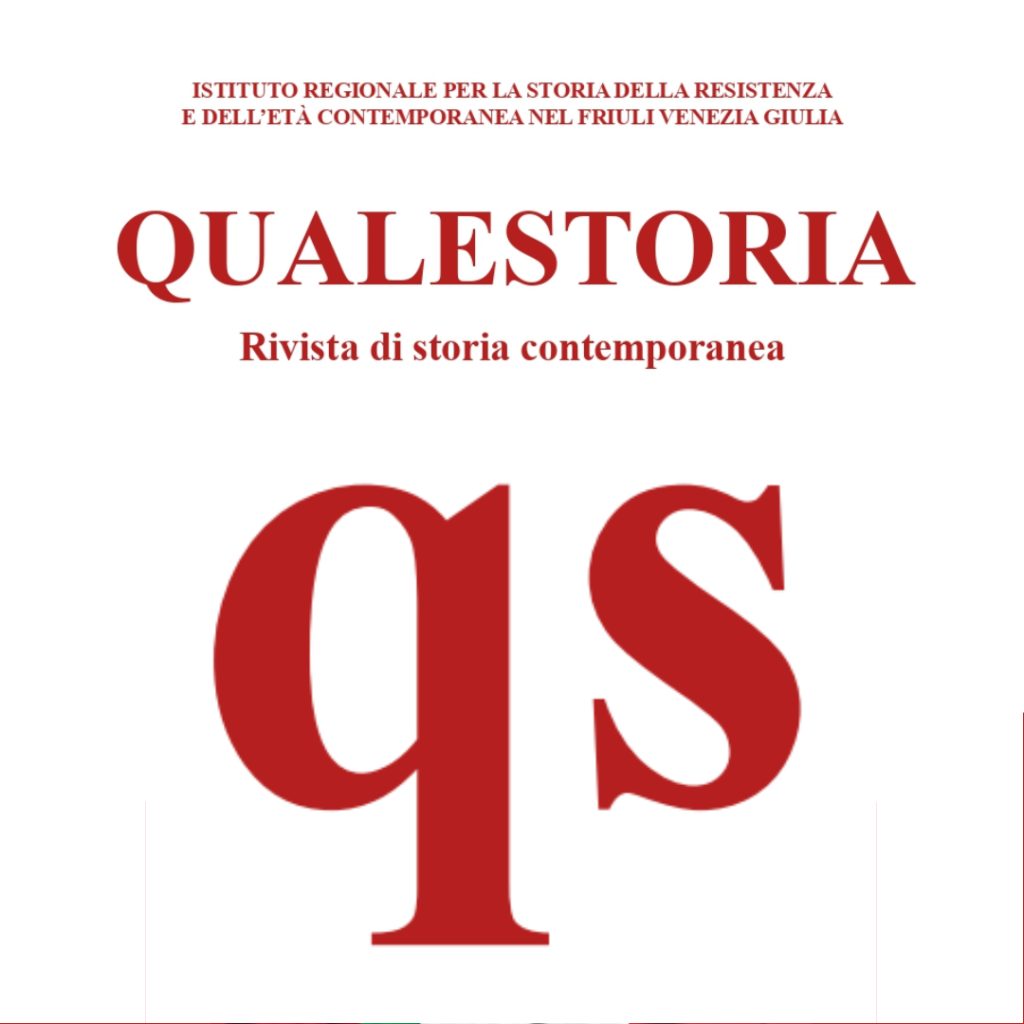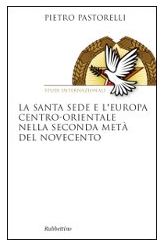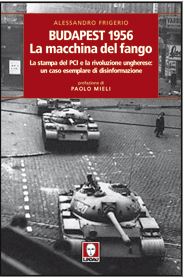deadline December, 4 2017
2018 Conference of the Society for Romanian Studies (SRS)
Bucharest
26-30 June 2018
The SRS is an international inter-disciplinary academic organization that
promotes professional study, criticism, and research on all aspects of
Romanian
culture and civilization, particularly concerning the countries of Romania and
Moldova. For information about SRS, visit www.society4romanianstudies. org.
The 2018 SRS conference will be hosted by the Faculty of International
Business
and Economics of the Academy of Economic Studies (ASE) in Bucharest. We thank
them for their support.
Keynote Addresses: Katherine Verdery and Vintilă Mihăilescu
In 1918, the National Assembly at Alba Iulia proclaimed the unity of all
territories inhabited by Romanians and thereby laid the foundation for the
modern Romanian state. Yet the proclamation also insisted on a wide range of
principles and forward looking reforms from full rights for all (including
ethnic and religious minorities, press, and right to assembly) to land reform
and a democratic political system. This unique historical moment arguably
represents in a nutshell the issues and dimensions associated with questions
of
a Romanian identity, a national consciousness and culture, the place of
intellectuals in Romanian public life, as well as the politics, policies, and
economics of Romanian development, including in comparative and international
perspective. “Marea Unire” also served as midwife to the birth of Romanian
Studies.
The SRS wishes to take the 100th anniversary of this unique moment in Romanian
history as an invitation to reflect upon the past, reassess the moment’s
impact on the present, and draw lessons for the future, including for Romanian
Studies. The conference aims at taking a fresh look at the very creation of
contemporary modern Romania. We wish to examine the significance of this
historical moment for Romania and Moldova’s historical trajectories,
domestically and within the wider European, Eurasian and even international
contexts with the help of broad historical, political, literary, and cultural
disciplinary and interdisciplinary inquiries.
We welcome proposals for papers, panels and roundtables from junior and senior
scholars working in a variety of disciplines: history, sociology, anthropology
and ethnography, political science, philosophy, law and justice studies,
literature and linguistics, economics, business, international affairs,
religious, gender and sexuality studies, film and media studies, art history,
music, architecture, and education, among others. Possible topics might
include, but are not limited to:
The 1918 unification in comparison with other unifications, both past and
present
The 1918 unification and its precursors in popular and official memory,
historiography, film, literature, the arts
The 1918 unification and its legacies on minorities and diasporas
The 1918 unification and making connections to Romanian and Moldovan
developments going forward (fascism/Nazism, communism, post-communism,
democracy, human rights, minority rights)
Romania, Moldova in Southeastern and Central Europe
Romania, Moldova and European accession and integration
Global integration, bilateral and multilateral relations, foreign and security
policy issues
World War I and the 1918 moment
Romanian and Moldovan political thought, and the role of ideas in political
change
Romanian and Moldovan philosophy and literatures
Sources and archives
Writers, artists and the arts in fascism, communism and post-communism
Legal and constitutional reforms
Party and electoral politics, voting behavior, policy analysis and
administration
Free markets, neoliberalism and state paternalism
The status of ethnic, religious, linguistic and sexual minorities in Romania
and Moldova
The reconfiguration of social stratification
Post-communist media and journalism
The role of the Orthodox Church and of other religious groups
Dynamics of migration from and into Romania and Moldova
Education policies and strategies
Urban policies and architecture: 1918, communism, and post-communism
The language of the conference is English. Submissions and presentations in
French and German will be considered, if they are for full panels or
roundtables with members from more than one university.
Proposals for individual papers, panels, roundtables, book or movie
presentations, and art installations should be sent by October 15, 2017 to
srs2018conference@gmail.com. Participants will be notified of the acceptance
of
their proposal by December 4, 2017.
Individual paper proposals should include title, a brief abstract of up to 500
words, a short c.v., and contact information of the presenter. Proposals for
panels including 3-4 papers, one chair, and 1-2 discussants should provide a
title and description of the panel topic, abstracts of all papers, short c.v.,
and contact information for all participants. Panel participants should be
drawn from at least two different universities. Roundtable proposals of 3-5
participants should include title and description of the topic, short c.v.,
and
contact information for all participants. In addition, the conference
organizers will accept proposals for presentations of books, movies and art
installations; proposals should include a title, a description, short c.v.,
and
contact information.
Conference registration fees: The fees are 65 USD for scholars from North
America and Western Europe; 65 RON for scholars from Romania, Moldova and
parts
east; and 15 USD for graduate students from all countries. All these
conference
registration fees include SRS membership for 2018. All conference participants
must pay the registration fee for their names to be included in the final
program.













